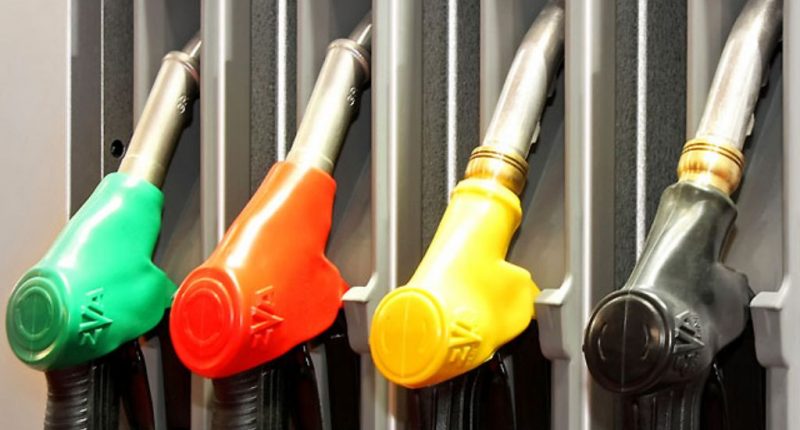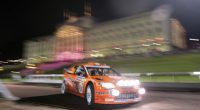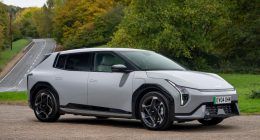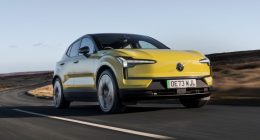A new report from British motoring association the AA has shown that average pump prices at forecourts in Northern Ireland are the lowest of all the UK’s regions.
For the month of September, unleaded fuel was priced at 132.6p/litre here compared to London where 136.2p/litre was the going rate, while local diesel car owners paid 133.3p/litre – 4.6p/litre cheaper than the South East of England.
Across Northern Ireland, Belfast ranks as the cheapest location to fill up with petrol; the latest data from the Consumer Council shows this to be 125.9p/litre. At 138.9p/litre Downpatrick is currently the most expensive. As for heavy fuel, Coleraine tops the table at 132.7p/litre compared to Strabane and Enniskillen (142.7p/litre).
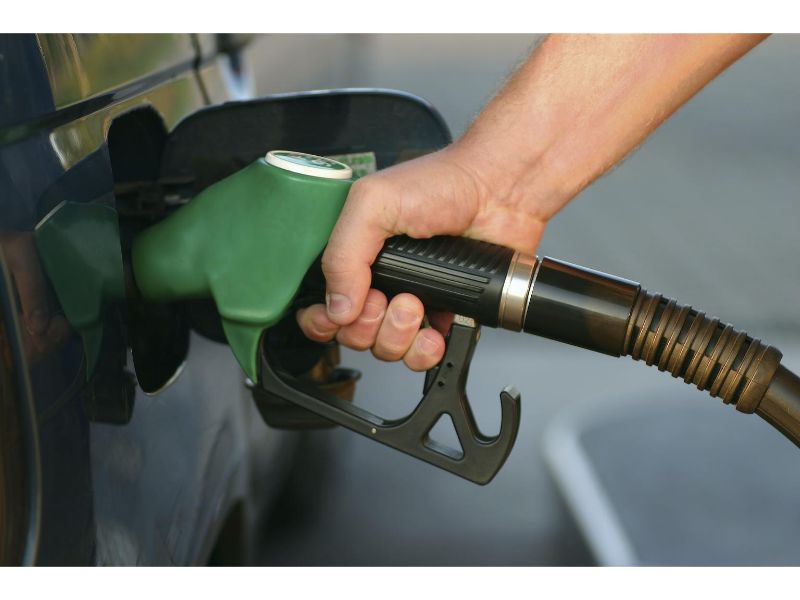
The AA’s finding are unlikely to bring much comfort to motorists, however, as prices in the province approach levels not seen since 2012 meaning the cost of a 40-litre fill is now around £55 compared to £45 a year ago.
With more and more people feeling the squeeze, here are a few useful and easy-to-implement tips to help reduce the number of visits you have to pay to your nearest forecourt each week.
- Keep your driving smooth: Gentle acceleration and using the highest safe gear will use less fuel. Ease off the accelerator early for traffic lights if they are red;
- Try to avoid driving during the rush hour: Stopping and starting in traffic needs the use of the first gear and a lot fuel is dispensed to get the vehicle moving again;
- Keep your tyres well maintained and at the correct pressures: When they are due for replacement there are brands which are designed specifically to deliver extra economy – they may be worth considering;
- Get rid of unnecessary weight: Cars work just like the human body; your body needs more energy to move around more weight – and so does your car. Take heavy items out of the car if you don’t need to carry them. A roof rack or roof box will increase drag and you will use more fuel to overcome this, so remove it if it isn’t being used;
- Plan your journeys: During the winter season, as your engine is trying to warm up it uses more fuel for the first four miles or so. Your engine stays cold when you drive less than two miles and your car will produce 60% more pollution than a warm engine, so avoid these short journeys where possible;
- Use convenience features wisely: In summer when the air-conditioning is on your car will be working overtime, and therefore use extra fuel. In winter, when the rear window has cleared, turn off the rear screen heater because the more electricity your car has to produce, the more fuel it will use;
- Keep your speed low: This is advisable not only from a legal point of view, but from a financial one as well as you can reduce fuel consumption by up to 25 per cent. Try pressing more lightly on the accelerator; often you can maintain the same speed with less pressure on the pedal.
Richard Gladman from IAM Roadsmart said: “Fuel is expensive and burning fuel is bad for the environment. A few small changes in the way we prepare our vehicles and plan our journeys can make a big difference in our fuel consumption.
“Sound observation and planning our necessary journeys will help. Remember that safety and fuel saving can be complementary if we drive effectively,” he added.
